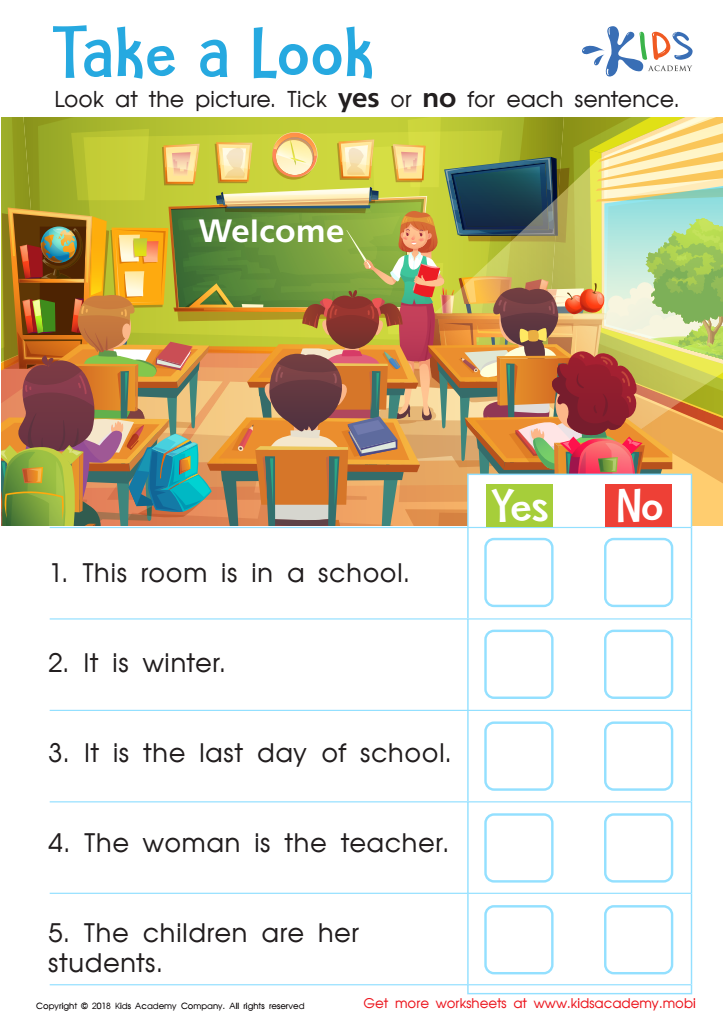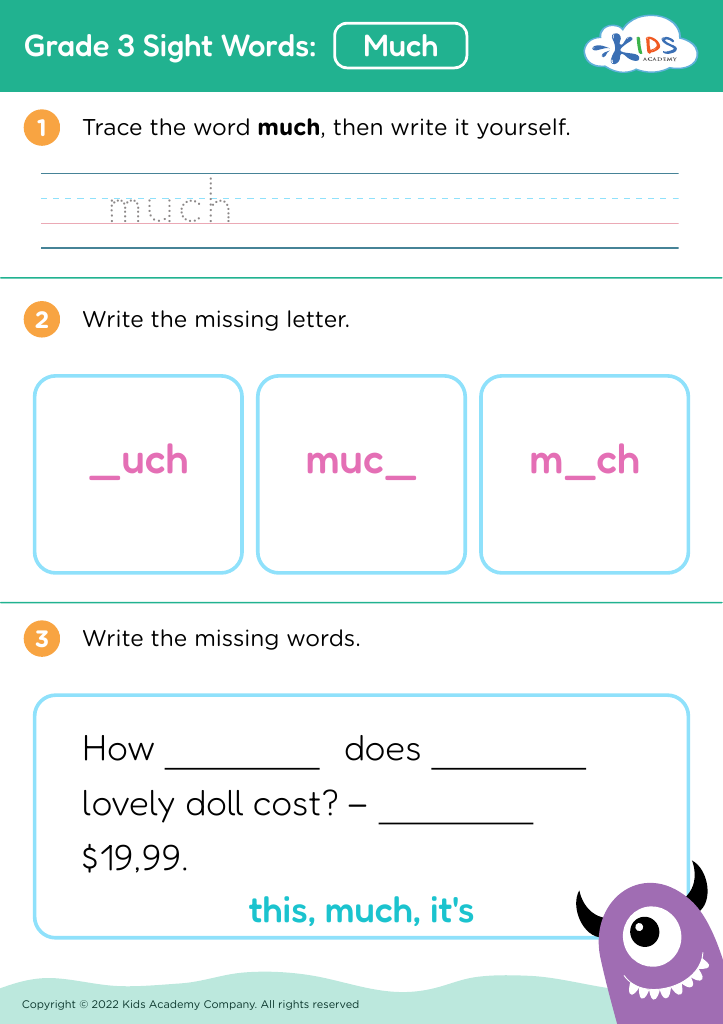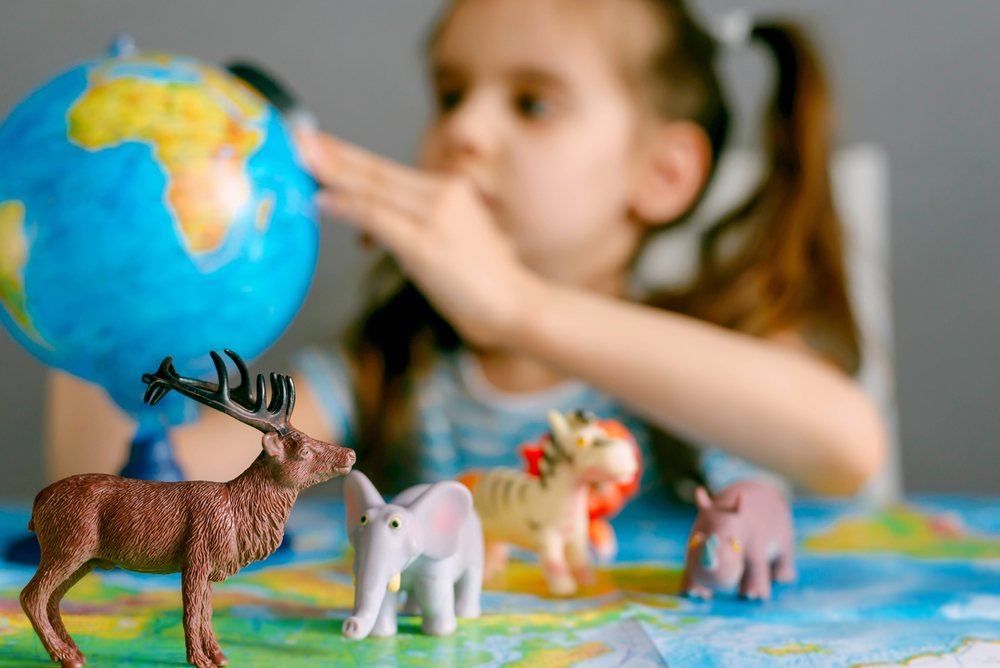Enhance observation skills Worksheets for Ages 7-9
3 filtered results
-
From - To
Enhance your child's observation skills with our engaging worksheets designed for ages 7-9! Our carefully crafted activities at Kids Academy encourage young learners to sharpen their attention to detail, improve focus, and develop keen observational abilities. Each worksheet provides fun and educational challenges that captivate children's curiosity while reinforcing essential learning skills. By completing exercises such as finding differences, identifying patterns, and spotting details in complex images, children will not only enjoy themselves but also enhance critical thinking and problem-solving abilities. Discover the joy of learning through observation with our comprehensive collection of printable worksheets today!


Take a Look - Part 2 Worksheet
Enhancing observation skills for children aged 7-9 is vital due to the cognitive and developmental growth occurring during these years. At this stage, children's brains are highly receptive and adaptive, establishing foundational skills that will significantly influence their future learning and social interactions. By honing observation skills, children become more attuned to details in their environment, aiding in academic pursuits such as reading comprehension, science exploration, and problem-solving in mathematics.
Furthermore, strong observation skills enhance social interactions. Children who pay attention to social cues, facial expressions, and body language are better equipped to understand others’ emotions and respond empathetically, fostering better relationships with peers. This keen awareness also enhances safety, as children become more adept at recognizing and avoiding potentially dangerous situations.
Improvements in observation also encourage curiosity and active engagement with their surroundings. Observant children ask questions, seek out new information, and exhibit a sustained interest in learning, which are critical traits for lifelong education. For teachers and parents, nurturing these skills means incorporating activities that challenge children to notice details and reflect on their observations, thus preparing them for more complex cognitive tasks and enriching their overall development.
 Assign to My Students
Assign to My Students







.jpg)

.jpg)











